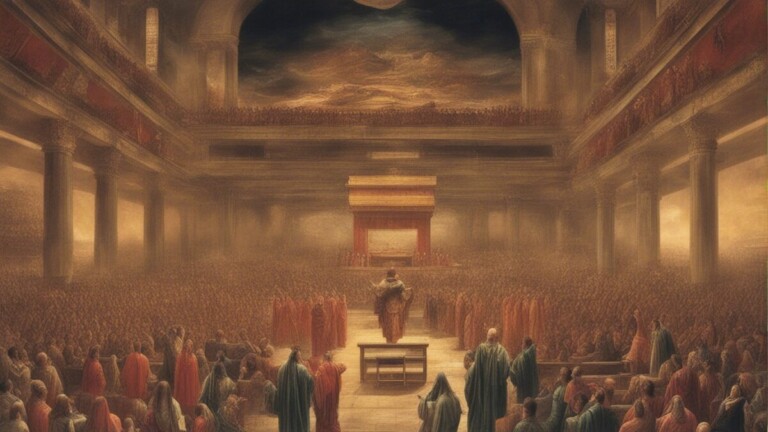The Genesis of Hon-Ming Chen and God’s Salvation Church
Born in Taiwan, Hon-Ming Chen was an unassuming former professor who took on an entirely different role as the leader of the God’s Salvation Church. He established the religious sect in the 1990s, initially drawing followers in Taiwan before relocating the group to San Dimas, California, in 1997. The move was in anticipation of an apocalyptic event Chen claimed would occur.
“Hon-Ming Chen was a persuasive figure who managed to convince educated people to leave everything behind for what he considered a heavenly mission,” commented cult researcher Janja Lalich in an article for The Guardian.
Doctrines and Beliefs
The theology of the God’s Salvation Church was a syncretic mix, incorporating elements of Buddhism, Taoism, and Christianity. Chen predicted that God would appear on American cable television to announce the end of the world. He also stated that a spacecraft would come to rescue the faithful. Notably, the group identified strongly with the color white, to the extent that followers wore white, lived in white houses, and drove white cars.
“The eclectic beliefs of God’s Salvation Church are fascinating but also deeply troubling. They show how disparate ideas can come together to form an apocalyptic worldview,” said religious scholar Catherine Wessinger.
Preparing for the Apocalypse
As the date of the supposed apocalypse neared, the group drew considerable media attention, mainly due to their unusual behaviors and the strict lifestyle dictated by Chen. Followers severed ties with their families and lived communally, awaiting the end times.
“Hon-Ming Chen not only influenced what his followers believed but also had a pervasive control over how they lived their day-to-day lives,” added sociologist Eileen Barker.
The Apocalypse That Never Happened
Chen’s predicted date for the apocalypse came and went without incident. God did not appear on TV, nor did a spacecraft arrive. The failed prophecy led to disillusionment among followers and prompted investigations into the group’s activities.
“The non-event was a crisis of faith for many members. Some were so deeply committed that they couldn’t reconcile the reality with Chen’s teachings,” reported the Los Angeles Times.
Legal Actions and Disintegration
After the prophecy failed, the group disbanded quietly. Many members returned to Taiwan, while some assimilated back into regular society in the United States. Hon-Ming Chen retreated from the public eye and faced no significant legal repercussions. However, the group’s assets were subject to scrutiny, and some members pursued legal action for financial exploitation.
“While Chen might have escaped severe legal consequences, the psychological and financial toll on the group’s members was incalculable,” observed lawyer and cult expert Ford Greene.
Enduring Lessons
The story of God’s Salvation Church remains a poignant example of how charismatic leaders can exert immense influence over followers through apocalyptic prophecies. Despite its dissolution, the case continues to be studied as an instance of how belief systems can be manipulated to create isolated, radical communities.
“The case of Hon-Ming Chen serves as a cautionary tale for all of us. It showcases the vulnerability of human belief systems and the potential for exploitation,” concluded Lorne Dawson, a professor specializing in the study of new religious movements.
